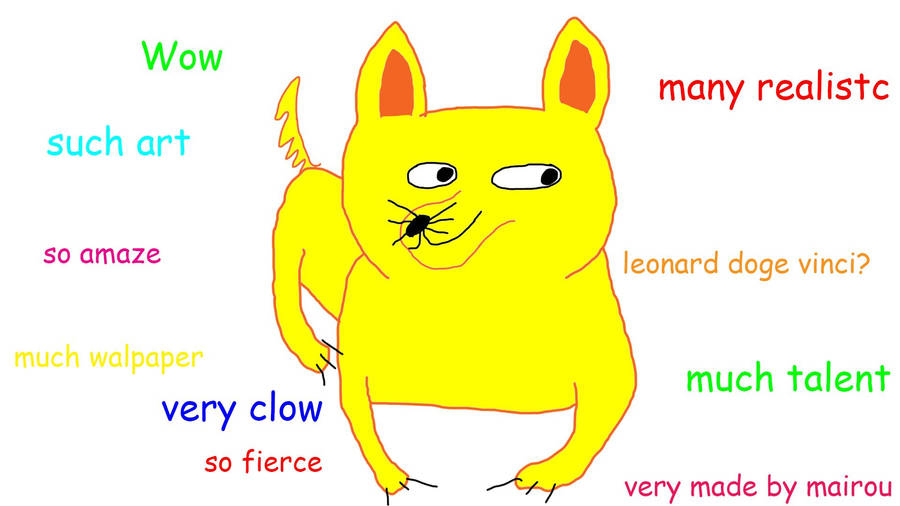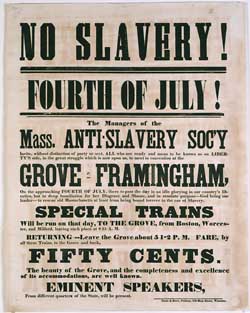who combines suggestions from the class into a coherent, single annotation of a passage.
Again, this is rarely how the tool was used by Educators.
Really the whole Education movement at Genius was a kind of non-technical hack. From the start when I played around with it in my classroom, I had to manipulate the existing features to make it work for my learning goals. Because we couldn't always get the resources devoted to developments we wanted, the Educator community often manipulated the system in order to make it work for them.























